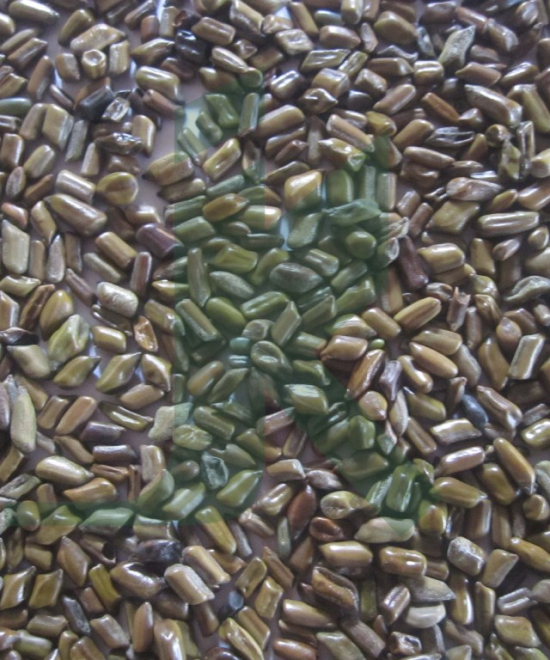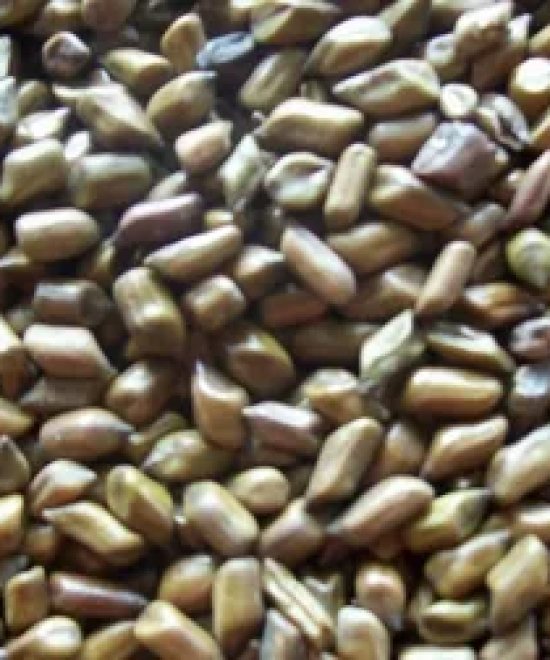

Cassia Tora Seed(Obtusifolia Seed)
Cassia Tora is a wild crop variety, named after its genus, Cassia. The seeds of this crop possess a rugged and firm nature, maintaining high levels of productivity and quality. Despite their small size, they exhibit a glossy appearance. Subsequently, they undergo thorough cleaning using specialized machinery. In nature, a diverse range of kernels is present, each showcasing distinct characteristics.
Cassia Tora thrives in diverse climatic conditions, whether hot or wet. Beyond its kernels, the leaves, flowers, and young fruits find applications in various consumable products. Renowned for its significant medicinal properties, this crop is extensively utilized in the pharmaceutical industry. In India, it is commonly found in tropical regions.
Cassia Tora thrives in diverse climatic conditions, whether hot or wet. Beyond its kernels, the leaves, flowers, and young fruits find applications in various consumable products. Renowned for its significant medicinal properties, this crop is extensively utilized in the pharmaceutical industry. In India, it is commonly found in tropical regions.
Regarding industrial applications, the seeds serve as a mordant in the dyeing process. When roasted and ground, they act as a coffee substitute. Additionally, when dehydrated, the seeds function as a protein feed for both livestock and birds. The entire Cassia tora plant is valuable in various ways, including…
Roots
- The medicinal application involves utilizing the roots to treat snakebites.
- In Ayurvedic medicine, dried roots are employed to treat ringworm.
Seeds
- Matured seeds or sickle pods are a well-recognized ancient Chinese medicinal herb. According to Ayurveda, these pods are believed to possess significant amounts of laxatives, anthelmintic, ophthalmic, and expectorant properties.
- They are also employed as purgatives to manage bowel movements and offer relief from constipation.
- Ingesting sickle pods can aid in combating skin issues such as itching and psoriasis.
Leaves
- In Northern Nigeria, the leaves are utilized in both fresh and dried forms to address conditions such as ulcers and ringworm. They are also applied in the treatment of parasitic skin diseases.
- The extract from the leaves is discovered to possess antibacterial and antiviral properties, suitable for treating Newcastle Disease.
- Additionally, the leaves of Chakvad encompass a natural pesticide, utilized in organic farms in India as an efficient fungicide.
- They also contain anthraquinones, making them beneficial for pediatric teething, constipation, and fever treatment.

